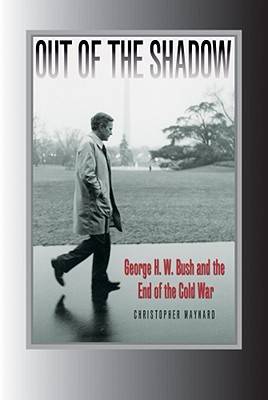Foreign Relations and the Presidency
1 total work
As America watched the fall of the Berlin Wall with great enthusiasm, President George H. W. Bush called the incident simply ""a good development."" He knew that the Cold War was far from over and that bringing it to an end would require not only symbolic gestures but also practical diplomacy.During Bush's presidency (1989-93), the Berlin Wall fell, the Warsaw Pact dissolved, Germany was reunified, and the Soviet Union ceased to exist. Yet, many people believe the Cold War ended under Reagan and that Bush's foreign policy achievements were merely an extension of Reagan's policies.In this in-depth look at the Bush administration's handling of the end of the Cold War, author Christopher Maynard argues that Bush actually made a fundamental shift in foreign policy regarding the Soviet Union. In part, he believes, historians have downplayed Bush's contribution because they have focused on the strong ideological rhetoric of Reagan and Gorbachev without looking at the day-to-day process of policymaking during the Cold War.""Out of the Shadow"" incorporates a variety of important, previously unused sources. Its focused treatment of the topic will appeal to scholars interested in both the first Bush presidency and the Cold War.
